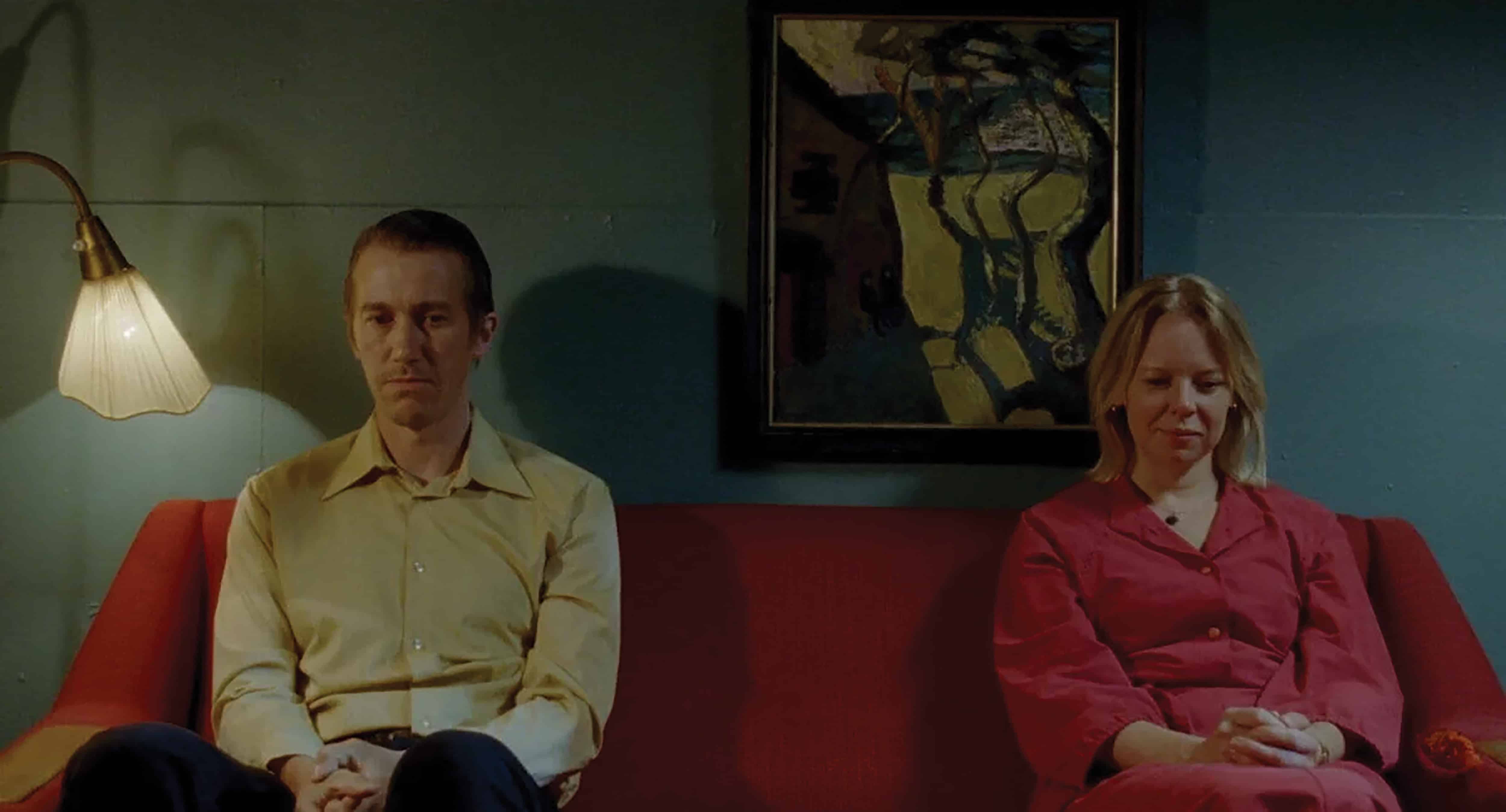What springs to mind when you think about Finland? For those more acquainted with Finnish culture, saunas, cold winters, political neutrality, Angry Birds, heavy metal, or its status as the happiest country in the world may come to mind. Considering these common notions of Finland and Finnish culture, what could Finnish film look like?
Aki Kaurismäki is the quintessential Finnish film director, screenwriter, and producer. He created a landscape of film not only for those seeking to understand Finnish culture on a deeper, more critical level but also for those who enjoy reflecting on human relationships and humanity. Despite telling simple stories about simple people, he has the ability to convey the most bittersweet realities of human life.
While Kaurismäki has stated he seeks to make good, ‘ordinary’ films rather than avant garde masterpieces, he has gained vast international acclaim while doing so. His films are largely minimalist tragicomedies combined with deadpan humor, with his latest film Fallen Leaves (Kuolleet Lehdet) being one of the most humanistic romcoms in his collection. The film premiered in 2023 at the 76th Cannes Film Festival, marking the director’s 20th feature film in the last 40 years.
Fallen Leaves pictures the timeless and witty love story of Ansa (Alma Pöysti) — a name that means ‘trap’ in Finnish — and Holappa (Jussi Vatanen). The two lonely souls meet by chance at night and, over multiple instances, lose and then find each other again. They do so not only mentally, through their struggles with unemployment and Holappa’s alcohol use disorder, but physically: Ansa gives Holappa her number on a piece of paper, but the paper slips out of Holappa’s jacket pocket without him noticing. Now not knowing each other’s names, their search for each other ensues.
Pöysti discussed the film’s significance at a press conference in Cannes, explaining that “the film is about lonely people with baggage, who meet later in life. It takes courage to fall in love later in life.” Per Pöysti’s sentiment, I found myself intoxicated by the movie’s mellow Finnish tango, its portrayal of stingy bars, the sense of melancholia over the characters’ economic reality, and the broken hearts that the main characters aimed to heal.
Kaurismäki’s films derive their existential nature from subtle critiques of Finnish society that are also easily made universal. Anu Muhonen — an associate professor for U of T’s Finnish Studies Program in the Slavic Department — explained to me how Kaurismäki’s earlier films, such as the Finlandia Trilogy (1996–2006), include universal themes of loneliness, homelessness, and unemployment. Muhonen added that Kaurismäki has realistically portrayed the refugee crisis in Europe in The Other Side of Hope (2017) and the issues of substance abuse, relationships, and the war in Ukraine in Fallen Leaves.
Pöysti has discussed the etymology of Ansa’s name as a marker of the character being trapped in her own life: Ansa works hard and cares for others but keeps losing jobs and initially works on a precarious zero-hour contract.
Kaurismäki is also known for obscuring time in his films. He always crafts strange, timeless, and yet, stylistically retro-looking atmospheres. Fallen Leaves includes the radio as one of its most sophisticated technologies, through which Kaurismäki makes an ode to modern days with an overt broadcast about the current war in Ukraine. Muhonen added that the more recent Kaurismäki’s films are, the more accessible and easier his stories are for the public to understand.
When viewing Kaurismäki’s films in theatres, it is easy to notice their mundane and quiet nature. Fallen Leaves is filled with beautiful visuals of Helsinki, as well as the most run-down part of the city. Fallen Leaves is humorously described by Kaurismäki as “perhaps the most realistic film I’ve made… since the last one!”
In the theatre, Kaurismäki’s deadpan humour about Holappa’s friends’ obsession with age, or calling an asparagus and bacon dish a salad, elicited audible laughs from the audience. When Ansa’s friend says that men are swine, Ansa disagrees because swine are intelligent and sympathetic. Muhonen described the dialogue in Kaurismäki’s films as something most of us are not used to, as the dialogue is “simple, laconic, direct, monotonic [yet] very deep and meaningful.”
Among eight wins and 40 nominations, the romcom has won Kaurismäki the ‘Jury Prize’ at the Cannes Film Festival, ‘Best Director’ at the Chicago International Film Festival, nominations for the Golden Globes awards for ‘Best Non-English Motion Picture’ and ‘Best Actor’ for Alma Pöysti, and was shortlisted for an Oscar this year.
Kaurismäki’s films helped me realize that sometimes life and the narratives we tell ourselves do not need to be overcomplicated by words. The Finns are notorious for their reserved and quiet social interactions, which are hilariously represented in his films. Being Finnish myself, I can still appreciate the resilience, honesty, and humane presentation of addiction in Kaurismäki’s films.
In my opinion, Fallen Leaves can be a perfect starting point for looking into Finnish culture, using Finnish films as a window. Although Kaurismaki’s films are always grim and gloomy, I cannot help but leave the theatre hopeful — may I even say cheerful? When asked at a panel at Cannes for the film about whether he has hope for humanity, Kaurismäki replied: “It is everything we have left, and there isn’t much left of that. So… adios amigos!”


